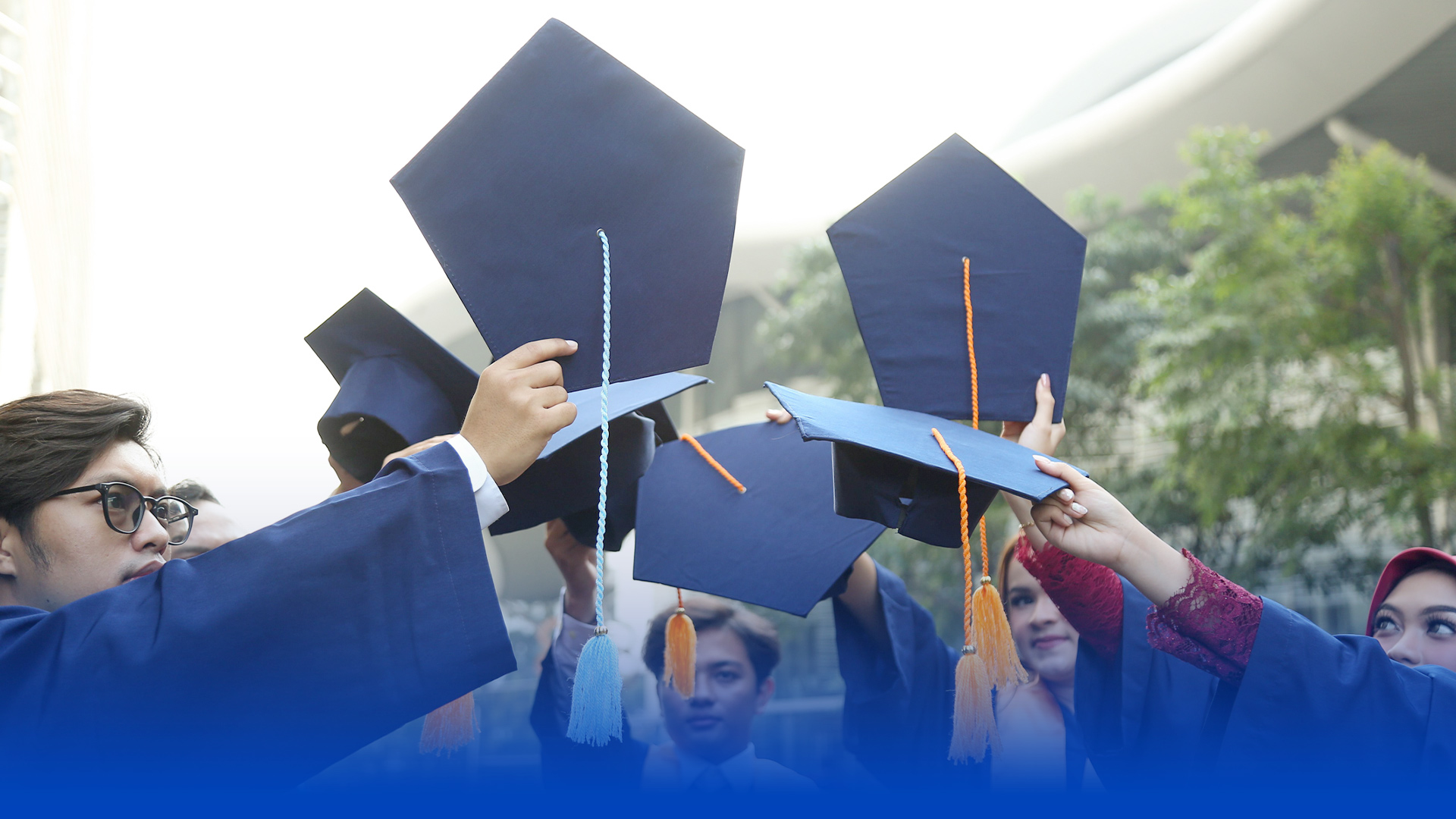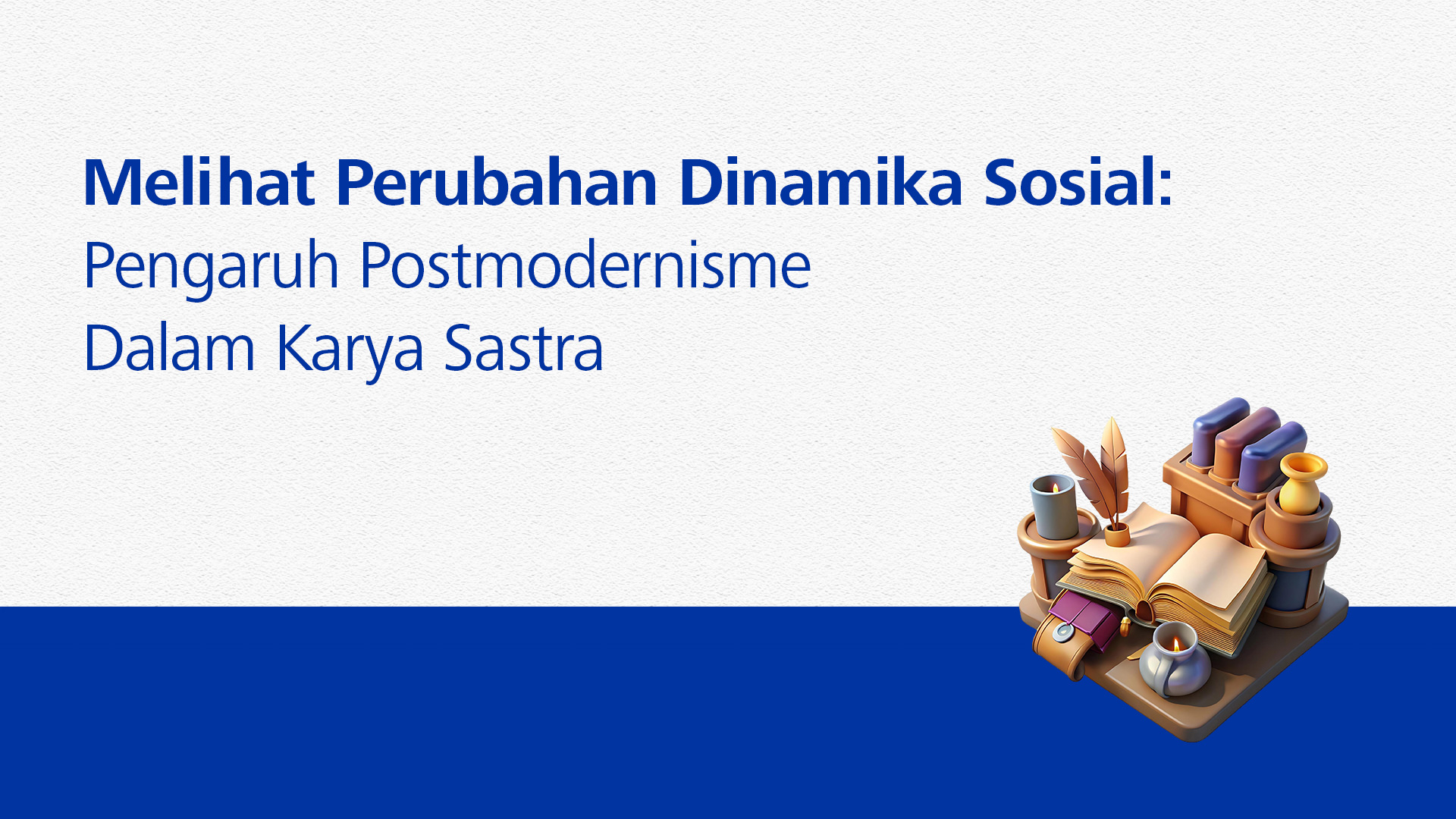Misinformation and Hoaxes: The Challenge of Public Communication in Indonesia
.jpg)
Cum ergo hoc propter hoc – Correlation does not always imply causation. The advancement of digital technology has significantly eased the exchange of information. However, on the other hand, it has also brought about a serious threat: misinformation and hoaxes, which are becoming increasingly difficult to control.
Misinformation and hoaxes are deliberately created to deceive, manipulate public opinion, or even incite social conflict. In Indonesia, this issue presents a major challenge for public communication, as it not only harms individuals but also threatens national unity.
These problems spread rapidly, often packaged with emotional and provocative narratives, making them highly effective in eliciting spontaneous reactions from readers. They can also reinforce harmful social norms that divide communities.
Humans naturally tend to accept information that aligns with their pre-existing beliefs, a cognitive bias known as confirmation bias. Coupled with low digital literacy, many people share information without verifying its accuracy.
Efforts to combat hoaxes are frequently carried out by various institutions. The government also plays an active role through the Ministry of Communication and Digital (KOMDIGI), which works to block websites and accounts spreading false information.
However, as educated and literate citizens, we must also be more discerning in receiving information and managing our emotions to avoid being misled by misinformation and hoaxes.
To address this issue effectively, several approaches are necessary:
-
Media literacy education should be incorporated into school curricula from elementary to higher education. People must be taught how to recognize hoaxes, verify information sources, and think critically before sharing content.
-
Collaboration between the government, social media platforms, and civil society must be strengthened to accelerate the detection and handling of hoaxes.
Misinformation and hoaxes are enemies of social harmony. Combating them across various media starts with individual responsibility. Begin with a simple step: pause, verify the information, and ensure its accuracy before sharing. Through collective awareness, we can foster a healthier and more responsible information ecosystem in Indonesia.
(Kornelia Johana Dacosta - Evelynie / Humas UNDIRA)
Press Contact :
Biro Humas & Sekretariat Universitas Dian Nusantara
Facebook : www.facebook.com/undiraofficial
Instagram : www.instagram.com/undiraofficial
Twitter : www.twitter.com/undiraofficial
www.undira.ac.id

Campus Tanjung Duren
Jln. Tanjung Duren Barat II No. 1
Grogol, Jakarta Barat. 11470
Campus Green Ville
JIn. Mangga XIV No. 3
Campus Cibubur
Jln. Rawa Dolar 65
Jatiranggon Kec. Jatisampurna, Bekasi. 17432










